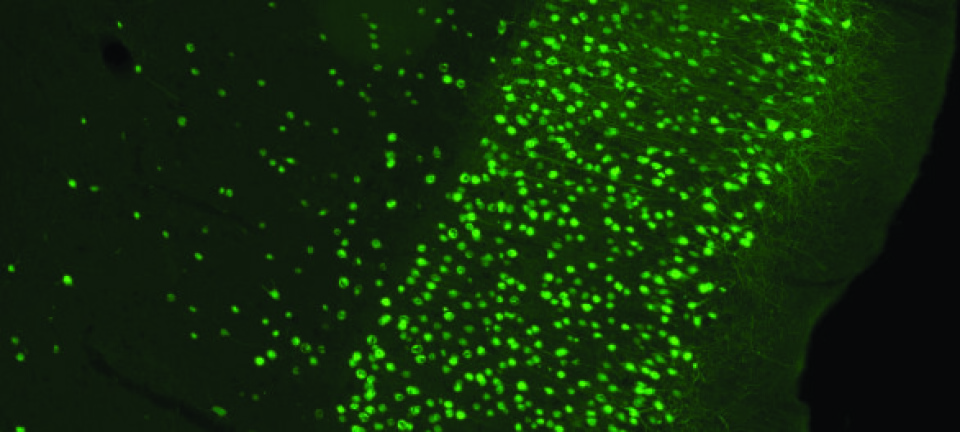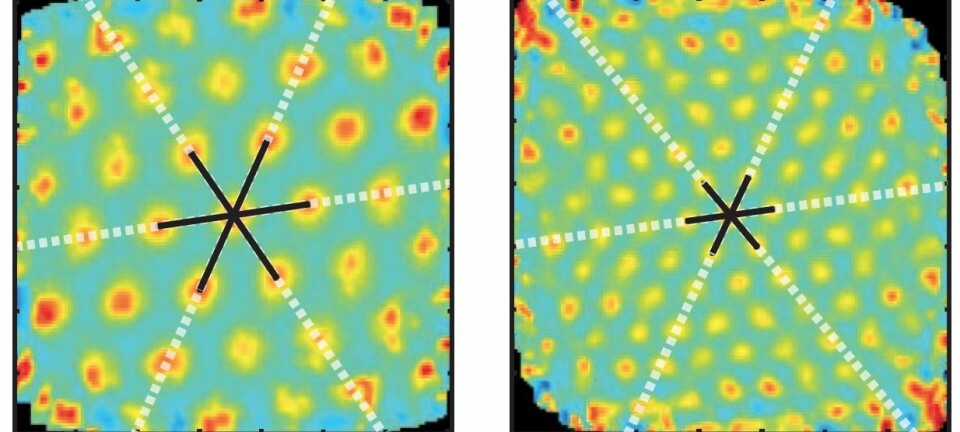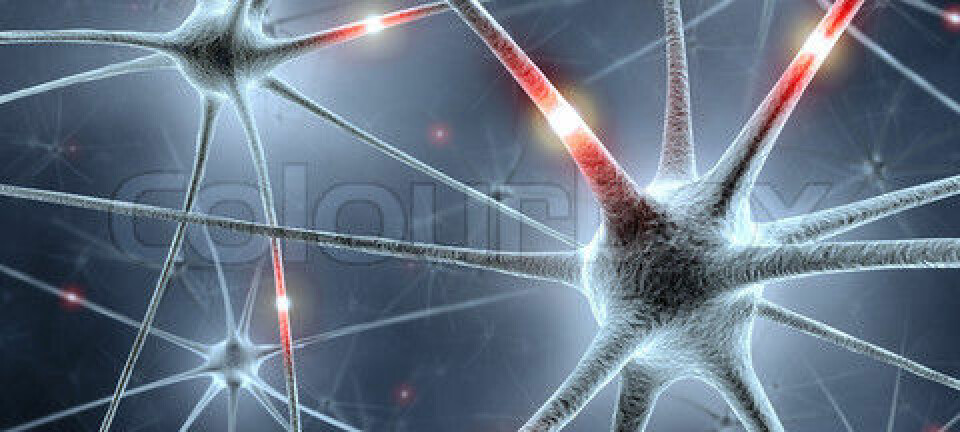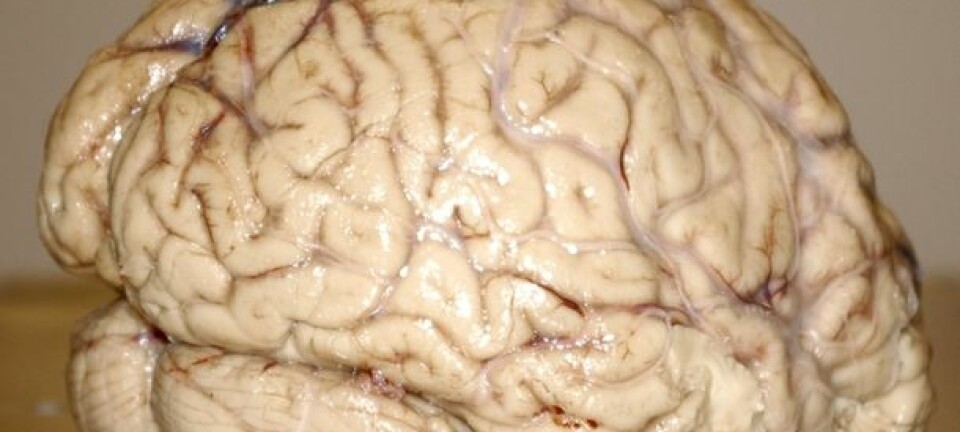This article was produced and financed by University of Bergen
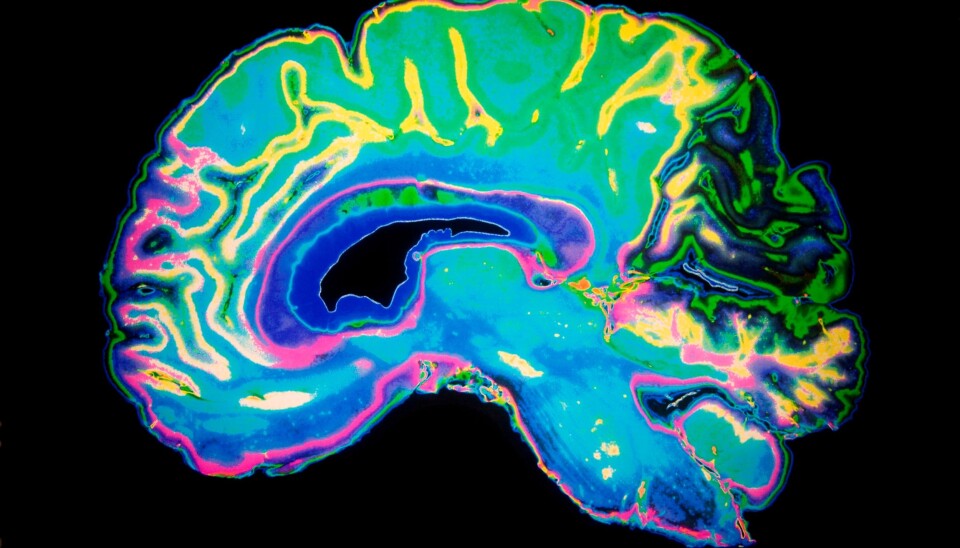
A universal theory of the brain
Norwegian researchers have recently found evidence of a generalized active network for cognitive functions of the brain.
Denne artikkelen er over ti år gammel og kan inneholde utdatert informasjon.
“I experienced a kind of moment that may be more common for theoretical physicists: the idea that something just has to be there, even though you cannot see it,” says neuroscientist Kenneth Hugdahl from the Bergen fMRI Group in an interview with the University of Bergen’s newspaper På Høyden.
Initially Hugdahl thought that he was just misunderstanding. But during preparations for a lecture he sat with nine fMRI images in front of him, when he suddenly discovered that the active red and yellow regions in the brain-map appeared in almost the same places in all images. The neuroscientist had to ask himself: could it be possible that there was an existing fn the brain that overlapped between all cognitive functions?
The article On the existence of a generalized non-specific task-dependent network was published in the online journal Frontiers in Human Neuroscience.
Hugdahl is the co-author with his colleague from Bergen fMRI Group, Professor Karsten Specht, and Kavli-price winner Professor Marcus Raichle and his Postdoctoral fellow Anish Mitra from Washington University in St. Louis School of Medicine.
First step in a new direction
Although the idea has been mentioned before, no brain researchers previously have been able to empirically prove that there is a cognitive network “for everything”. The idea of something that works as some sort of wiring diagram for the brain is therefore quite revolutionary.
Traditionally, this kind of brain research has focused on looking at individual functions of problem solving in specific areas of the brain. Hugdahl and his colleagues' article could be the first step in a new direction, toward something that can become the neuroscientific version of the “theory of everything” – one single explanation for all active, cognitive functions.







